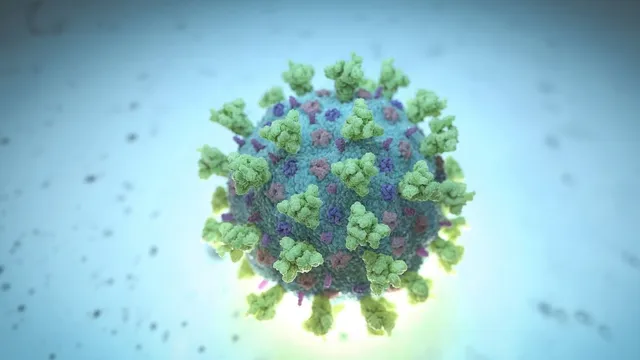- By Shivangi Sharma
- Wed, 19 Nov 2025 11:48 AM (IST)
- Source:JND
Health authorities in the United States have confirmed the nation’s first-ever human infection of the H5N5 avian influenza virus, a strain previously detected only in animals. The unprecedented case, reported in Washington state, has alarmed virologists and public health officials who say the incident underscores the “unpredictable” evolution of bird flu viruses.
The patient, described only as an “older adult” with underlying health conditions, was admitted to a hospital in Greys Harbour County earlier this month with high fever, confusion, and respiratory distress. Their condition deteriorated, prompting a transfer to a larger hospital in King County for advanced care. Laboratory testing confirmed the presence of H5N5, a subtype of bird flu carried by wild waterfowl such as ducks and geese.
Doctors initially suspected H5N1, the highly pathogenic avian influenza strain circulating widely in US poultry and dairy cattle, but further analysis identified the rare H5N5 subtype. The case is now under investigation by the Washington State Department of Health and the US Centres for Disease Control and Prevention (CDC).
US Bird Flu Context: Dozens Of H5N1 Infections Since 2024
According to CDC data, 70 human infections of H5N1 have been detected in the US from 2024 through July 2025. Most involve poultry or dairy farm workers who had direct exposure to infected animals. No prior human infections with H5N5 have ever been recorded in the country.
Public health officials emphasise that no evidence of human-to-human transmission has been found in this case.
What Scientists Say About The Risk
Experts warn that the emergence of H5N5 in a human highlights the virus’s capacity for unexpected leaps, though the risk to the general public remains low. One infectious disease expert told CNN that significant viral evolution would be required before it could spread easily between humans: “It’s going to take a little bit of the biologic stars aligning for that to happen … No one actually knows. Only time will tell.”
Concerns about avian flu’s adaptability were reinforced by an October study in Nature, which found that the H9N2 avian influenza strain has grown more capable of infecting humans, even though it has not shown human-to-human transmission.
The Washington health department noted that avian flu risk rises in autumn and winter, when migratory birds can transmit the virus to domestic poultry. In the past 30 days, 76 outbreaks of H5N1 have been confirmed across US commercial and backyard flocks, affecting 1.66 million birds, according to the USDA’s APHIS division.

